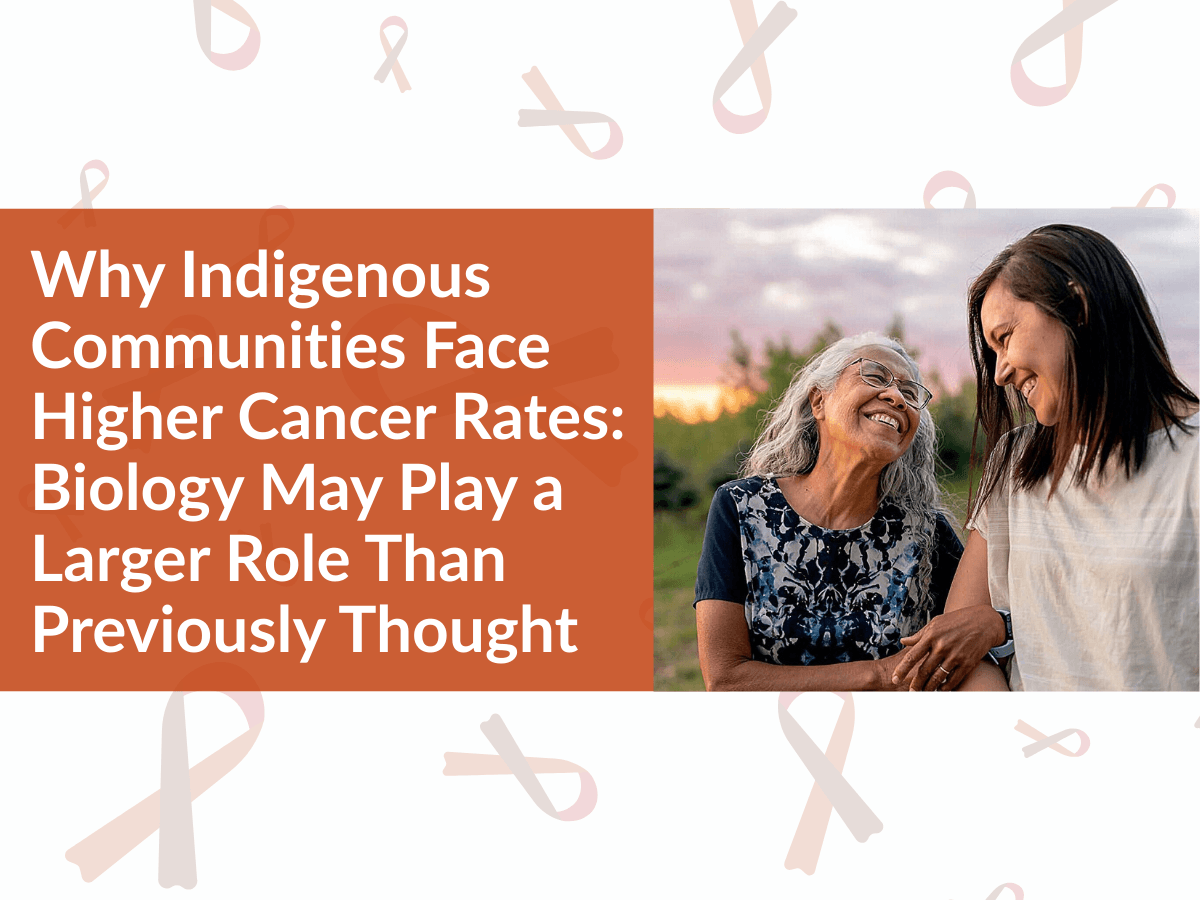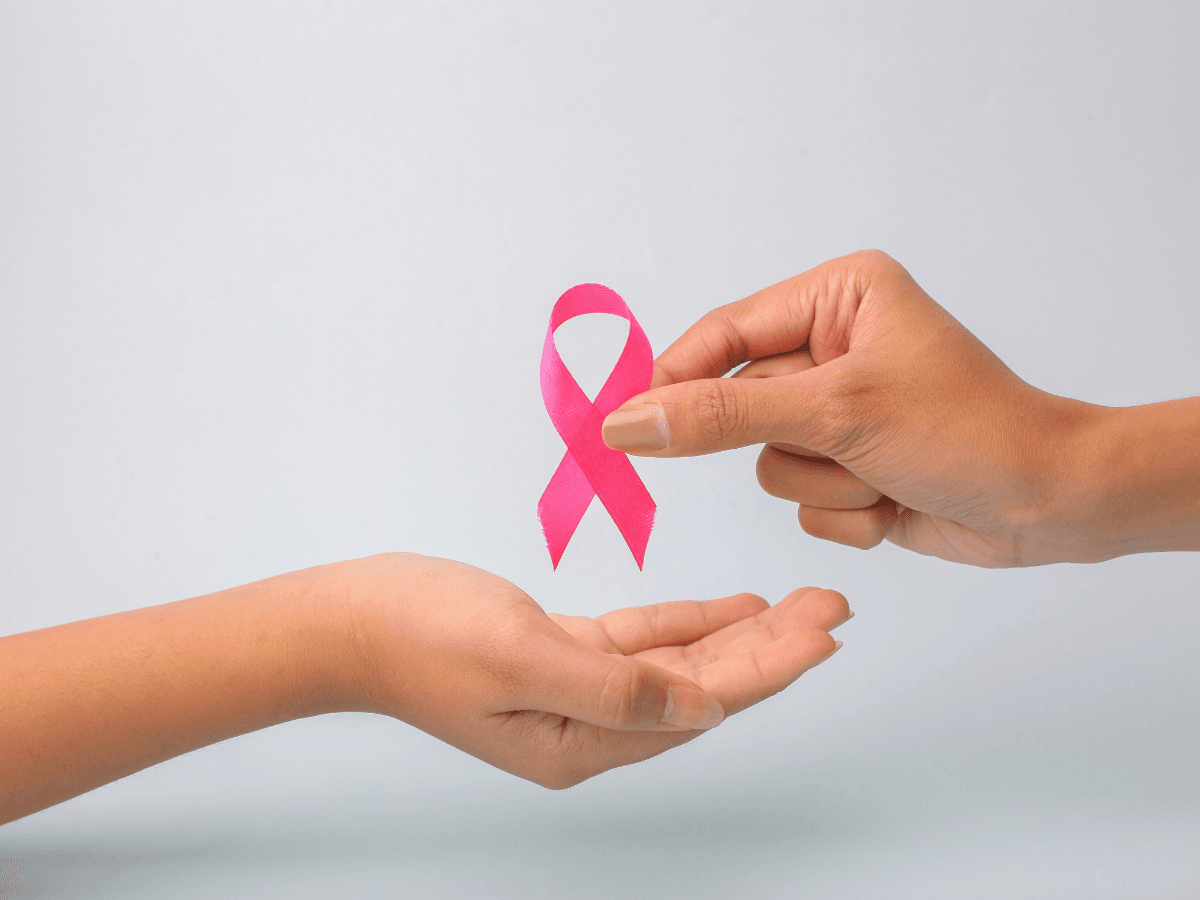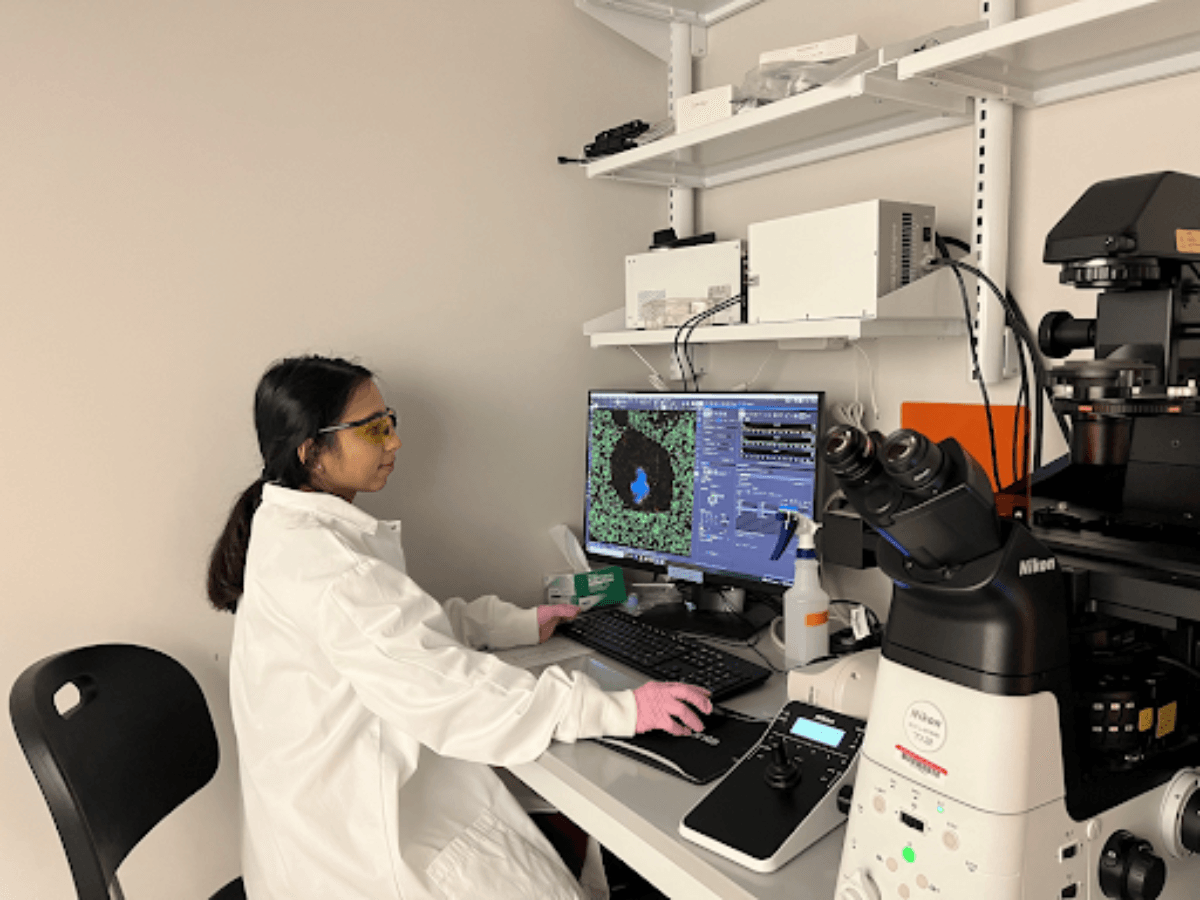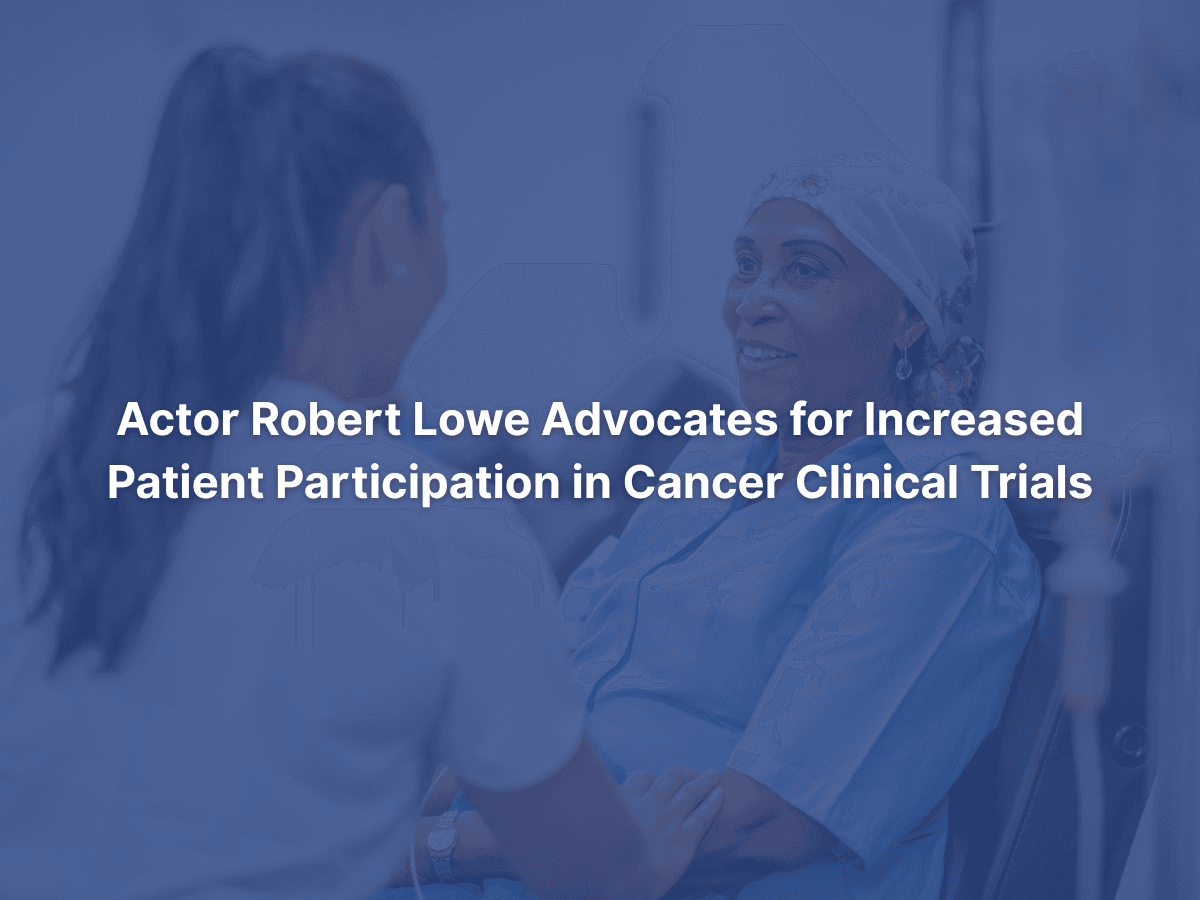
The Cancer News
AN AUTHORITATIVE RESOURCE FOR EVERYTHING ABOUT CANCER
The American Cancer Society Launches the VOICES of Black Women Cohort Study

The VOICES of Black Women Study Addresses Important Gaps in Understanding Cancer Health Outcomes in African American Women
Understanding the VOICES of Black Women Cohort Study
The VOICES of Black Women cohort study is a long-term, nationwide project led by the American Cancer Society (ACS) to gather vital information about the drivers of cancer disparities experienced by Black women in the United States. The largest of its kind, the VOICES study is currently open for enrollment in all 50 states and the District of Columbia and aims to recruit over 100,000 Black women. Study participants report on their lived experiences, behaviors, and social milieu while researchers follow participants’ cancer incidence and outcomes over time. This study design enables ACS researchers to relate cancer outcomes among Black women with both well-established mediators of individual health, like tobacco use or exercise habits, as well as less visible determinants such as social support, health-seeking behavior, and structural racism.
Why Cancer Disparities in Black Women Demand Urgent Attention
The VOICES Study occurs in the context of a growing interest in understanding the cancer outcomes of underrepresented or otherwise vulnerable populations [1]. Despite recent major advances in cancer care as a whole, significant inequity exists in cancer mortality for Black women. Long-standing data support that African Americans suffer higher cancer mortality than any other broadly defined racial/ethnic group [2], and that, within this, Black women shoulder an even greater burden. Black women are more likely to die—and die younger—from numerous cancer subtypes, including those which affect women predominantly, such as cervical, breast, and endometrial cancer, as well as non-sex-specific neoplasms such as colorectal or lung cancer [4,5]. For the majority of malignant neoplasms, Black women are more likely to be diagnosed at a later, less-treatable cancer stage and harbor more aggressive tumor genetics [3].
Exploring the Root Causes of Cancer Inequities
This trend persists even after adjustment for typical modifiable and non-modifiable risk factors such as age, smoking status, or medical comorbidities, implying the presence of other, more nebulous risk factors. As data emerge regarding this troubling inequity, a complex picture of intersectionality between environmental, psychosocial, economic, biological, and stochastic influences develops.
Closing the Research Gap: Representation in Clinical Studies
What is perhaps most notable about the VOICES study is its ambitious size, and for good reason. The therapeutic approach of modern clinical practice hinges on first defining grounded causal relationships between disease states and their risk factors; however, it can be difficult to link a given risk factor with a particular outcome if the relationship between the two is non-linear, delayed in time, or due to multiple factors. For example, the link between tobacco use and lung cancer, one of ACS’s major discoveries, required decades of carefully designed cohort studies enrolling millions of Americans to change the course of public health around smoking [6,7]. In the same way, studies like VOICES are necessary to collect the volume and depth of data required to unravel the complex disparities in Black women’s health.
VOICES’ purposeful enrollment of Black women is also important. The enrollment of non-white participants in clinical research has historically been limited, a complex challenge in itself. This has led to knowledge gaps about population-specific risk factors, which further worsen race-based cancer disparities [8]. To this end, VOICES was meticulously designed to optimize inclusiveness, cultural sensitivity, and the reliability of its data.
Before launching VOICES, ACS researchers acquired input from Black women from diverse communities. Bidirectional communication between study representatives and community leaders enabled ACS researchers to better understand incentives and barriers to participation as well as the health priorities of Black women. Community members also helped shape the tone, clarity, and cultural relevance of the study’s materials. Most importantly, VOICES’ Scientific Advisory Board is primarily composed of Black female researchers to lend both professional and personal expertise. This all matters because high-fidelity data—especially that which can uncover the complex biopsychosocial determinants of health for Black women—can only be derived from methodology that is rigorous, representative, and person-centered. In many ways, the VOICES of Black Women Cohort Study is a modern icon of community-minded research.
How to Join the VOICES of Black Women Study
VOICES offers us a unique opportunity to understand the experiences of Black women in the US and promises insights into some of the most urgent problems in modern health disparities. We should all take steps to encourage eligible friends, loved ones, and colleagues to consider enrolling in the VOICES study. Black women 25- to 55 years old currently living in the US and without a personal history of cancer (excluding basal or squamous cell skin cancer) are eligible to participate and should be directed to voices.cancer.org for more information. By helping VOICES to achieve its enrollment goals, we expedite the insights of this important research. In this way, we all have an opportunity to advance cancer care in a way that truly serves the needs of everyone.
About Author

Matthew Meranda, DO Fellow, Hospice and Palliative Medicine University of Texas MD Anderson Cancer Center
Works Discussed
-
Singh GK, Jemal A. Socioeconomic and Racial/Ethnic Disparities in Cancer Mortality, Incidence, and Survival in the United States, 1950-2014: Over Six Decades of Changing Patterns and Widening Inequalities. J Environ Public Health. 2017;2017:2819372. doi: 10.1155/2017/2819372. Epub 2017 Mar 20. PMID: 28408935; PMCID: PMC5376950.
-
Giaquinto AN, Miller KD, Tossas KY, Winn RA, Jemal A, Siegel RL. Cancer statistics for African American/Black People 2022. CA Cancer J Clin. 2022 May;72(3):202-229. doi: 10.3322/caac.21718. Epub 2022 Feb 10. PMID: 35143040.
-
McCullough LE, Winn RA, Teras LR, Patel AV. The American Cancer Society launches the VOICES of Black Women, a longitudinal population cohort study. Cancer. 2025 Mar 1;131(5):e35775. doi: 10.1002/cncr.35775. PMID: 40009506.
-
SEER Breast CA Giaquinto AN, Sung H, Newman LA, et al. Breast cancer statistics 2024. CA Cancer J Clin. 2024; 74(6): 477-495. doi:10.3322/caac.21863
-
Cervical Cancer Cohen CM, Wentzensen N, Castle PE, Schiffman M, Zuna R, Arend RC, Clarke MA. Racial and Ethnic Disparities in Cervical Cancer Incidence, Survival, and Mortality by Histologic Subtype. J Clin Oncol. 2023 Feb 10;41(5):1059-1068. doi: 10.1200/JCO.22.01424. Epub 2022 Dec 1. PMID: 36455190; PMCID: PMC9928618.
-
Hammond EC. Smoking in relation to the death rates of one million men and women. Natl Cancer Inst Monogr. 1966 Jan;19:127-204. PMID: 5905667.
-
Thun MJ, Lally CA, Flannery JT, Calle EE, Flanders WD, Heath CW Jr. Cigarette smoking and changes in the histopathology of lung cancer. J Natl Cancer Inst. 1997 Nov 5;89(21):1580-6. doi: 10.1093/jnci/89.21.1580. PMID: 9362155.
-
George S, Duran N, Norris K. A systematic review of barriers and facilitators to minority research participation among African Americans, Latinos, Asian Americans, and Pacific Islanders. Am J Public Health. 2014 Feb;104(2):e16-31. doi: 10.2105/AJPH.2013.301706. Epub 2013 Dec 12. PMID: 24328648; PMCID: PMC3935672.





